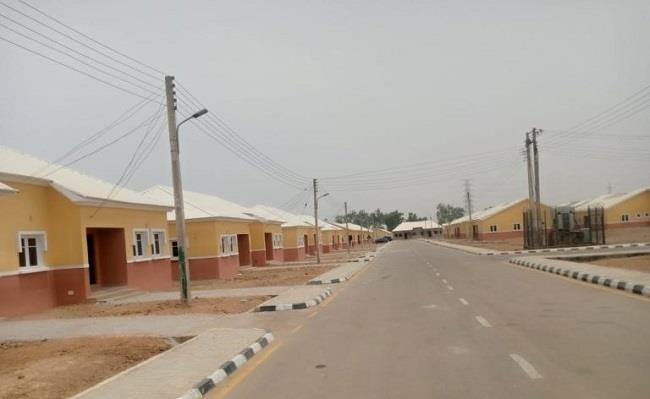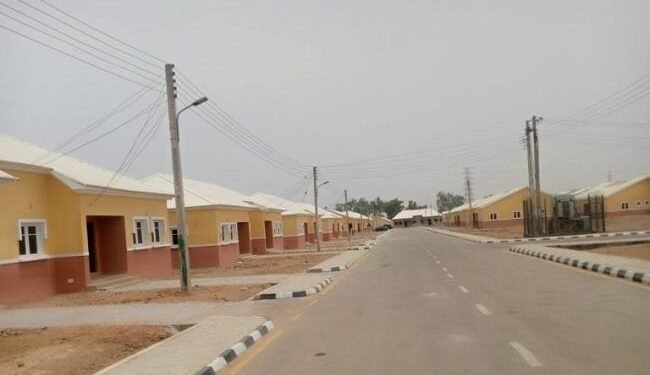– Advertisement –
A retired Professor of Sociology, Lai Olurode, has urged the Federal Government to partner the private sector to deliver affordable housing for the vulnerable in the country.


Olurode, who disclosed this in an interview on Monday, February 10, 2025, in Lagos, was reacting to the Federal Government’s proposed construction of 100,000 social housing units for vulnerable groups across the 774 Local Government Areas (LGAs) in the country.
Olurode said the housing could be smaller units like a room and parlour, instead of full flats, to reduce costs.
He recommended that local materials such as mud and thatch should be used for the construction to lower construction expenses.
He said the cultural context of the target beneficiaries’ locations should be considered to prevent abandonment of the housing units.
Olurode urged the government to ensure that the housing project benefits the vulnerable groups it intended to serve.
He called on the Federal Government to ensure proper monitoring of the project to avoid being hijacked by powerful individuals and elites.
“It’s a laudable decision if the governments have come out to say that it will deliver that large scale houses across the 774 LGAs in the country.
“But the caveat is that accessibility must be guaranteed by the vulnerable group.
“The project must not be allowed to be hijacked by very powerful individuals, politically well-connected and dominant economic elites who, in terms of affordability might be able to muster the financial strength to purchase the funds.
“We don’t know what the criteria will be, if the vulnerable groups are really the targets, how are they to be reached? How are we going to make sure that they are not short-changed?,’’ Olurode said.
Olurode urged the government to use the Lateef Jakande’s housing project in Lagos as a model, which successfully targeted low-income groups.
He also stressed the need for accurate data collection in identifying the vulnerable population.
He advocated the use of the National Identification Numbers (NINs) to gather information about the unemployed, uneducated, homeless, and those without skills.
Olurode highlighted the failures of past programmes due to lack of accurate target, suggesting that the government could work through the local governments and grassroots organisations to identify these individuals.
He noted that housing alone was not enough to tackle the challenges in the country.
Olurode advised the government to come up with a comprehensive system of social services, which would include basic income support for the elderly, unemployed youths, and others in need.
“I think what is missing in Nigeria’s development trajectories is the fear of government to render social services.
“What do I mean? If you have a name, you have national identity numbers for every group, you have data on them, whether they are on NIN or on any income at all, then you can support them to open an account, even if it’s only N10,000.
“So that the burden on the income of the working individuals who currently support vulnerable family members will reduce.
“Because by the time that you have a house or roof over your head and you cannot feed, the next thing you will think of is to sell the house,’’ Olurode said.
By Lydia Ngwakwe









